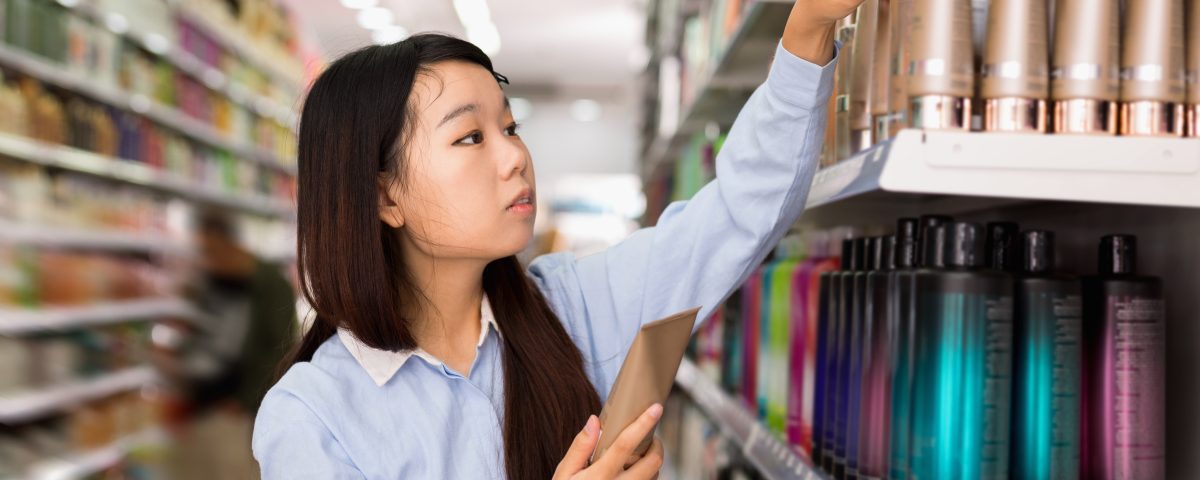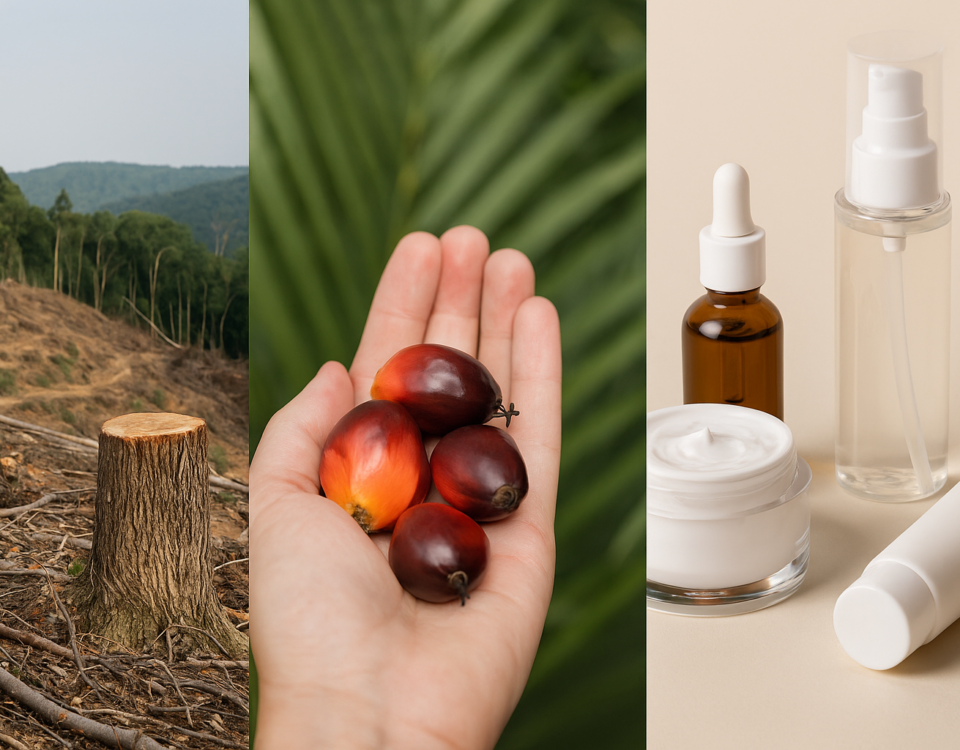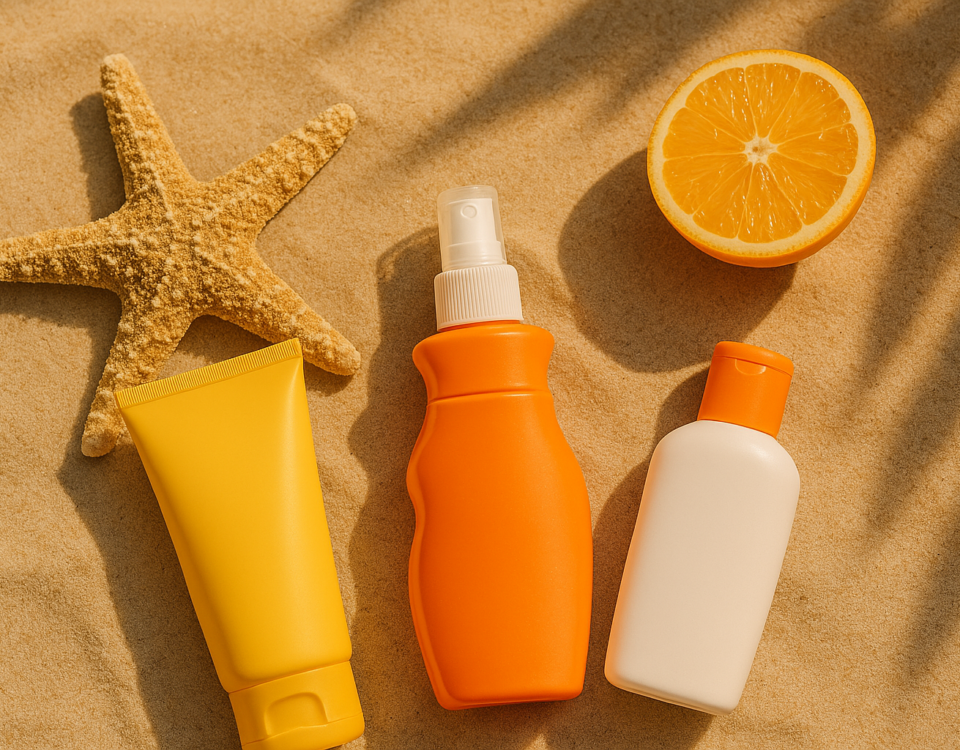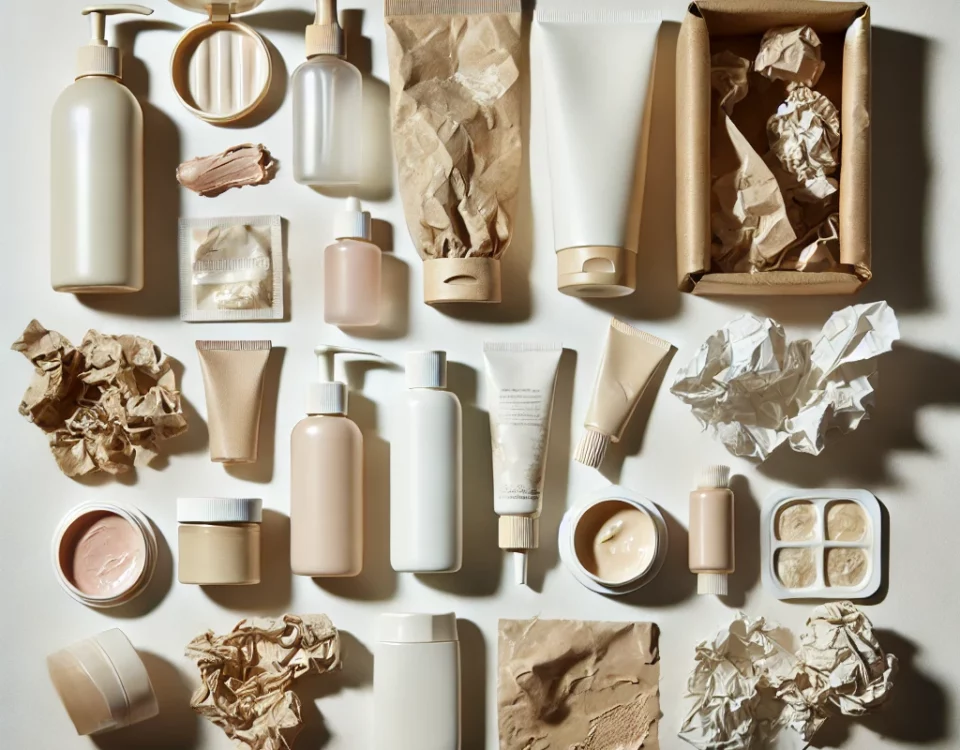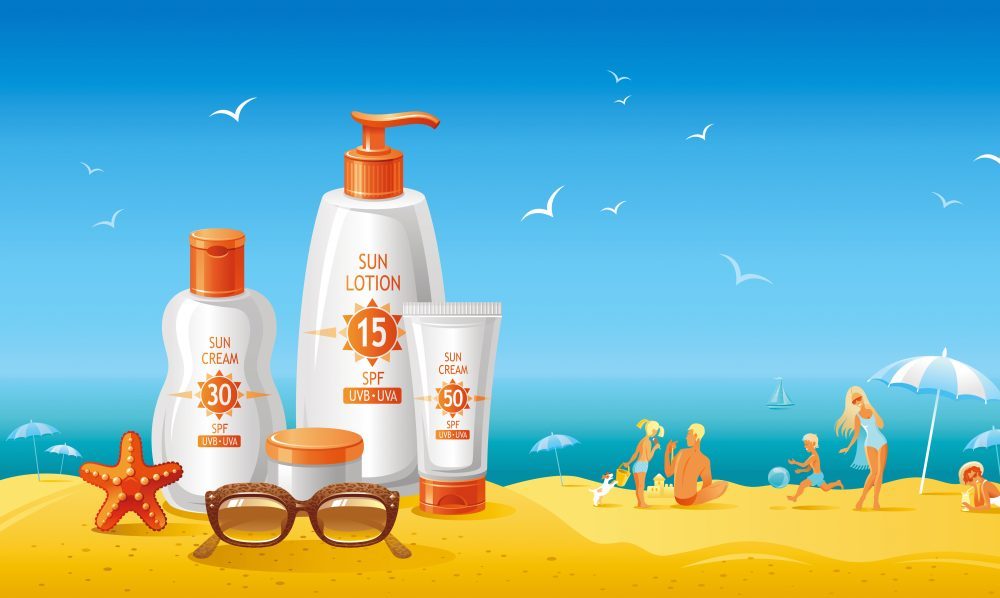
Octocrylene: the new “cat among the pigeons” of the cosmetics industry
23 April 2021
What you need to know before going into e-commerce in France
13 September 2021After years of waiting, China has finally published its overhauled regulatory framework for cosmetic products. The Cosmetic Supervision and Administration Regulations (CSAR) came into force on 1st January 2021. The CSAR applies in association with a number of application notices. Some of these remain to be finalised, whereas five of them have now been published and have been in force since 1st May 2021. This new text is an attempt to enforce greater parity between local and imported cosmetic products.
Cosmetic product categories in Chine
There are 2 cosmetic product categories:
- Special use cosmetics: hair dyes, perms, whitening products, sun protection products, hair growth and products with a new performance level. Fewer products are now included in this category than before.
- General/ordinary cosmetics: other cosmetic products that are not included in the special use category.
Previously, all products were subjected to registration obligations (except for ordinary cosmetics manufactured in China, subject to a notification).
Special use cosmetics must always be subjected to a registration procedure, however general cosmetics are now only to be notified, regardless of their origin (local or imported).
One highly sensitive subject related to the Chinese regulatory framework is the rather difficult question of animal testing, whilst this is banned in Europe, it has been conditional for access to the Chinese market up to now. This subject has never been more important considering the increasing popularity of the vegan and animal welfare movements.
What progress on the subject does this new text offer?
Animal testing remains mandatory for all special use cosmetics.
As for general cosmetics, these tests are no longer obligatory for products manufactured in China. When it comes to imported products, these can be exempted from the animal testing obligation provided a certain number of criteria are met:
- Presentation of a good manufacturing practices certificate from a suitably authorised body in the country of origin. For France, the Agence Nationale de Sécurité du Médicament (ANSM – National Medical product Safety Agency) will be in charge of issuing this document
- The completion of a proof of safety certificate for the finished product
However this dispensation will not be possible for baby and child products when the product contains one or more newly registered ingredients, or for any importer who has had issues with the National Medical Products Administration (NMPA).
This exemption possibility will almost certainly be used by a large number of businesses that export to China. Only the future will tell how the implementation of this will actually happen and if the exemptions will be easy to get.

